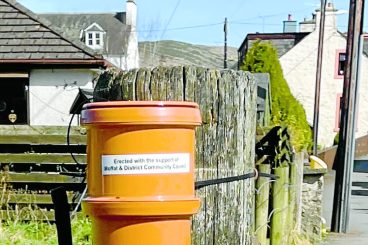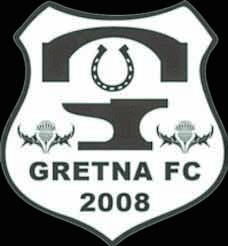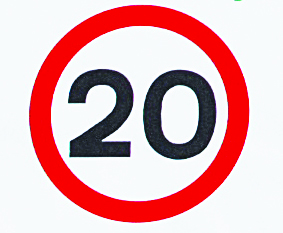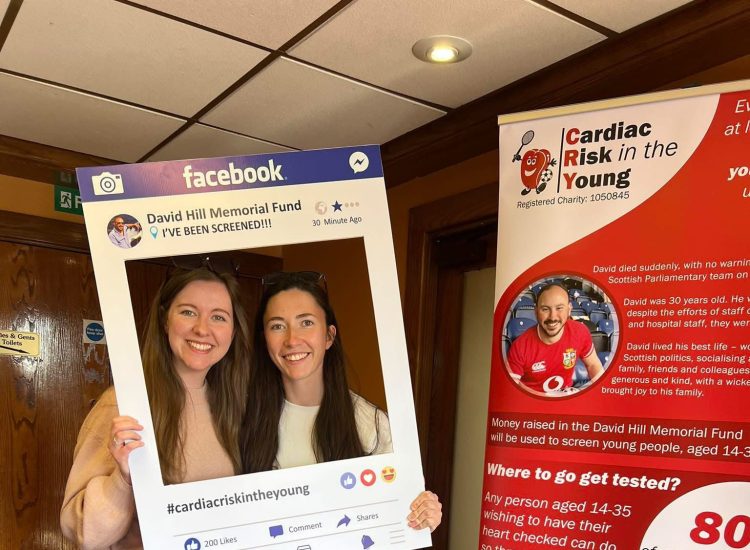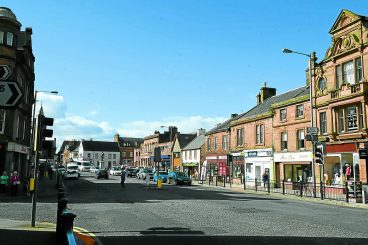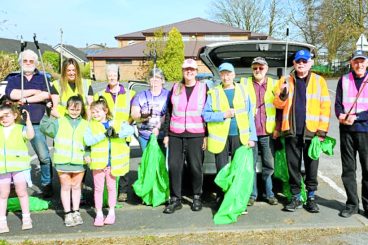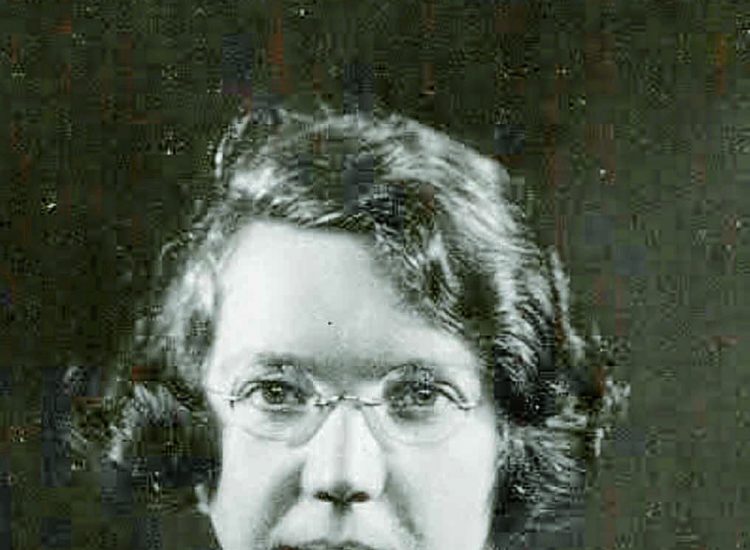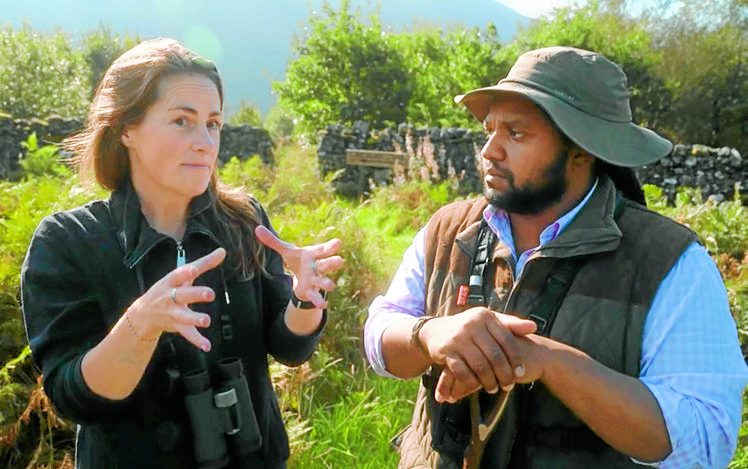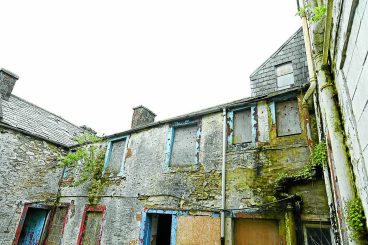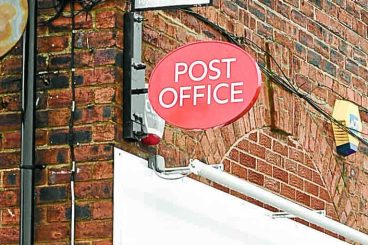However, there had been some opposition to the move from nearby residents and the holiday park owners were forced to seek retrospective planning permission from Dumfries and Galloway Council.
The council received eight objections to the planning application, with residents arguing that the development would negatively impact upon wildlife, be detrimental to neighbouring properties, would exacerbate existing flooding issues, cause pollution, and lead to traffic problems.
The matter was heard at last week’s planning committee where agent Adrian Paterson represented Castlewigg. He said: “The profiles of the ground have not changed in any way as a result of the excavations and laying of the gravel.”
Council planning chiefs agreed and recommended that retrospective planning permission be granted.
In her report, planning case officer Iona Brooke wrote: “It is noted that the proposal does not involve a physical extension to the site and that permission is sought to regularise the formation of seven formal pitches for touring caravans/tents.
“Due to the siting, the proposed caravans would be in close proximity to existing static caravans already in situ within the confines of the holiday park and would not form a new group in the landscape.
“Any caravans utilising the site on these pitches would not be on the skyline nor be prominent in the landscape.
“Furthermore, the development is capable of being removed without damage or significant material change to the land on which it was sited.
“It is therefore considered that the scale of the works carried out is in line with the scale of the caravan park as a whole and will not constitute an overdevelopment of the site.”
Councillors agreed to grant retrospective planning permission.
Extra pitches agreed at holiday park
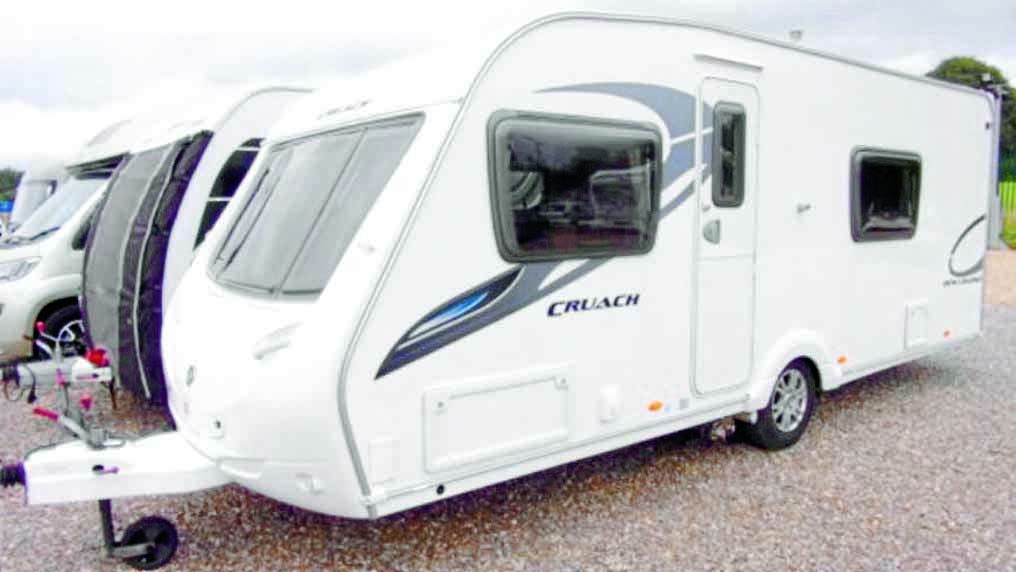
A CAMPING and caravan site in Newton Stewart has been given the green light for seven new pitches for touring caravans or tents.
Castlewigg Holiday Park’s owners had already constructed the hardstanding gravelled pitches, along with the installation of power and water hook-up points on a level grassed area, near the entrance to the site.






